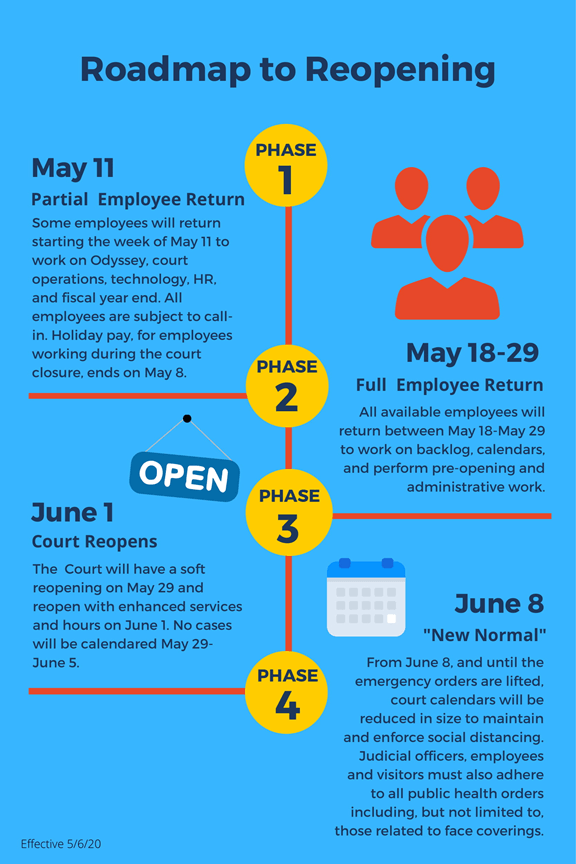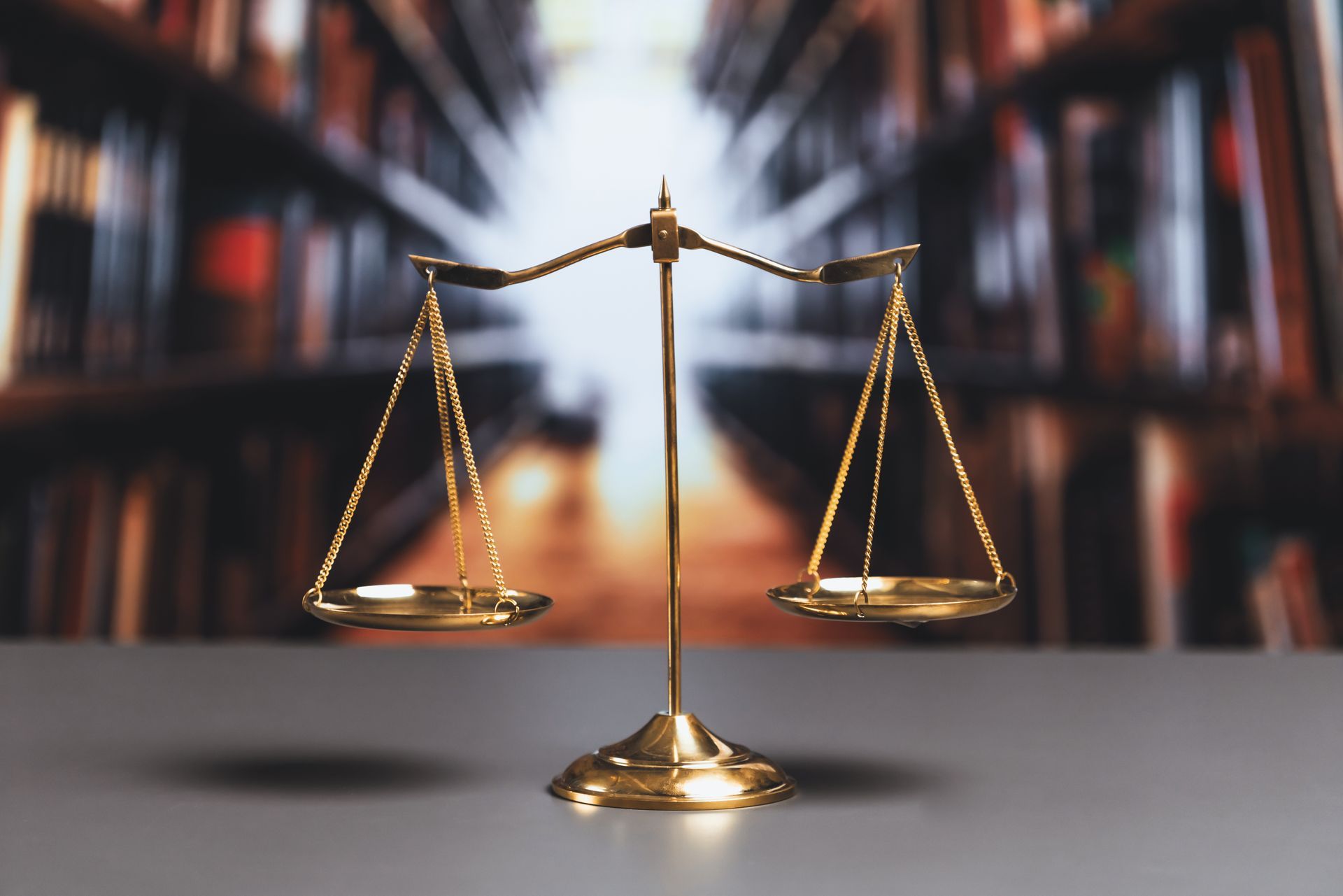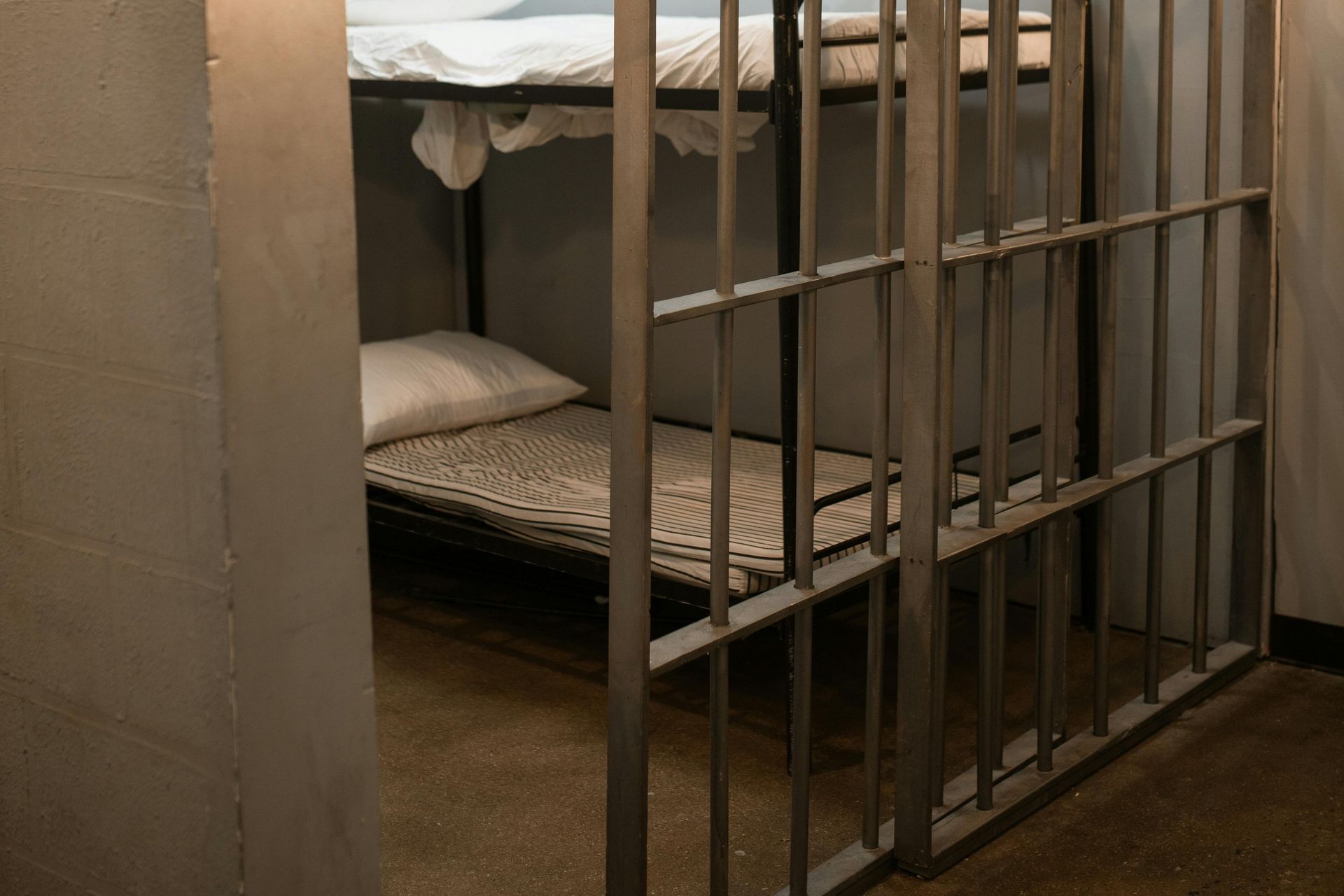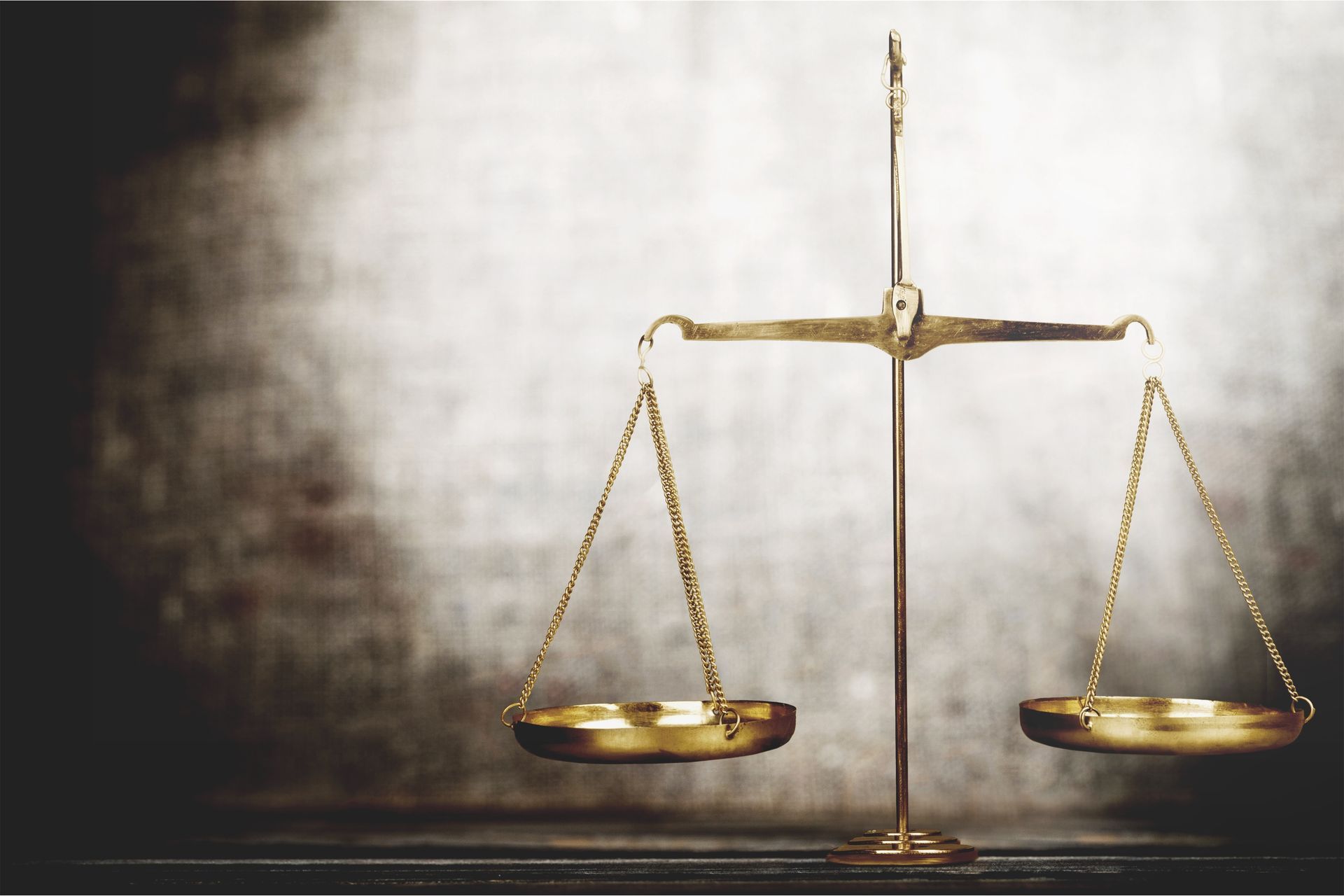Reopening The San Bernardino Superior Court

REOPENING THE SAN BERNARDINO SUPERIOR COURT
By Robert Little | May 15, 2020
The Superior Court of San Bernardino County closed due to the Covid-19 pandemic on March 16, 2020. Since that time, the court has only heard cases on an emergency basis. The Law Office of Robert Little has successfully gotten into court in order to recall bench warrants and get great results for our clients.
We’ve been particular successful at reducing bail bonds — often to zero dollar bail — during the Coronavirus emergency. Carefully prepared motions brought under the California Judicial Council’s Emergency Rules have freed our clients from jail for the remaining time before their cases reaches trial or other resolution in court.
Criminal and DUI defendants who have not yet retained a lawyer should receive a court date in the mail from the court in late May and early June. That would be an excellent time to call our law firm in Rancho Cucamonga or another qualified San Bernardino County criminal defense lawyer. We are open for business. We are performing free initial consultations about your criminal or DUI case in a number of ways: by phone, as well as by Zoom, Google Meeting, and other video conferencing platforms.
Because of the importance of addressing your legal needs quickly, we also meet with potential new clients at our Rancho Cucamonga offices. For live meetings, please bring only the potential client. For the safety of your loved ones, please leave your family at home. We meet across a large table that is disinfected between visits. We recommend the wearing of a mask.
The San Bernardino court system announced a plan to reopen gradually. After the March 16 “closing,” the court has been open for limited purposes, such has bail bond reductions, bench warrant recall motions, petitions for restraining orders, and preliminary hearings.
The court in Rancho Cucamonga was closed entirely on March 16. Emergency matters from the West End court have been heard at the central branch in San Bernardino.
The court is now reopening for regular business. Based on a plan from March 6, 2020, between May 11 and May 29, court employees are returning to work. These employees will work on the backlog of cases, including calendars and all the cases that were passed over during the Coronavirus crisis.
The court will reopen for regular business on May 29, 2020. However, this “soft opening” will not entail the regular calendaring of cases . On June 8, the court will reopen with smaller than usual calendars in an effort to maintain and enforce social distancing requirements, including the wearing of masks and other face coverings.
Between May 11 and mid-June, people who were cited or arrested for a DUI or criminal charge should expect to receive mail from the court with a new court date. However, be careful to search for your case on the court’s Odyssey online case search system. We encourage you to call our office where we can look up the case for you and advise you of the new date. If your case is not re-calendared, we can monitor the case, schedule the case on the court docket ourselves, or determine whether the San Bernardino District Attorney is even going to file charges against you. Obviously, the best result we can obtain for our clients is to prevent charges from even being filed. People without a Rancho Cucamonga criminal defense attorney must be very careful that they find out when their new court date is. Failure to appear at that court date will result in a bench warrant, which would send police out to arrest you and jail you pending an in-custody appearance before a judge.
We encourage you to call us at (909) 443-1287 for us to research your case and consult with you on a free basis.
Robert Little is a former San Bernardino Deputy District Attorney and criminal defense lawyer with 25 years of experience in criminal trial matters.










